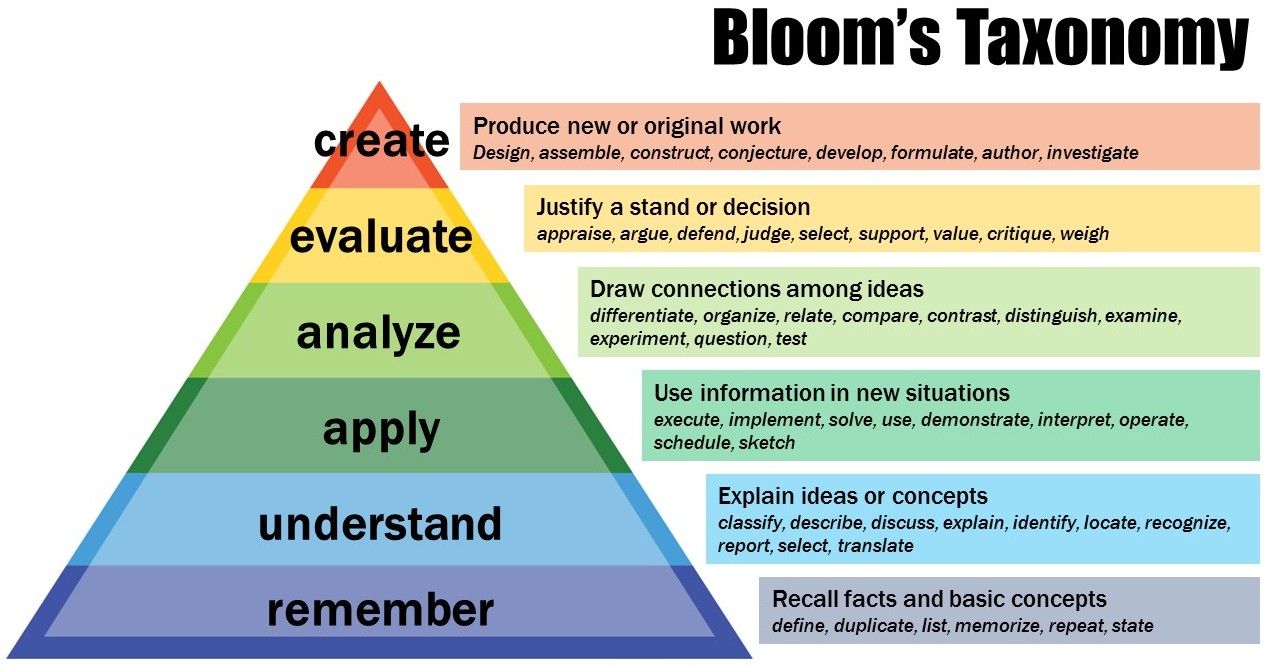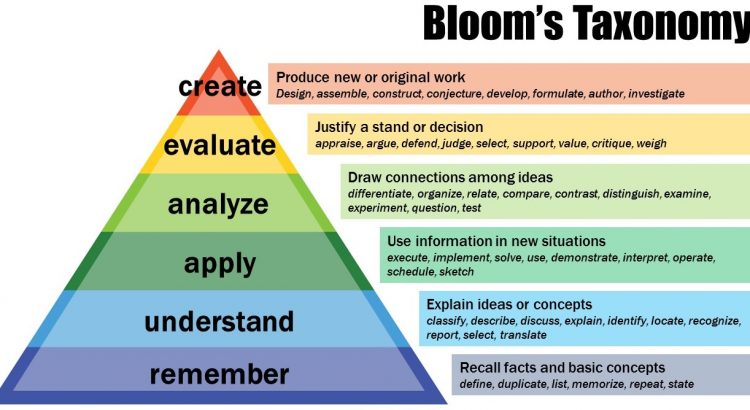Podcast: Play in new window | Download
Subscribe: Spotify | Email | TuneIn | RSS
Every day in a research lab is spent forming hypotheses, designing experiments, and examining data. So it might surprise you to know that the scientific method is only rarely applied in the classroom.
Wouldn’t it be transformative if the methods that professors use to teach science were tested and proven to be effective?
Well, you’re in luck – we’ve found one such scientist who has focused her career on improving science education at the university level.

The Leg Bone’s Connected to the Fumarate
This week on the show, we interview Dr. Shannon Jones, the Director of Biological Instruction at the University of Richmond in Virginia.
Dr. Jones’ sole focus is teaching and improving student outcomes as they train for careers in the biomedical sciences. And as a scientist herself, she’s committed to improving the curriculum with evidence-based practices.
How is a day in her class different from other bio classrooms?
You may remember learning the Krebs Cycle “the old fashioned way.” You memorized the names and structures of each chemical in the pathway and which enzymes and energy sources catalyzed the transitions. (The words pyruvate and Acetyl-CoA probably still give you nightmares.)
At the end of the section, you took a test and immediately forget everything you had learned in order to cram the photosynthetic pathway into the same spot in your brain.
Dr. Jones takes a different approach.
She knows that the web provides a breadth of literature and learning available at your fingertips, so she’s more interested in how her students understand and synthesize what they’ve learned. She presents data: a particular substrate has built up to unusually high levels in the cell. Can the students figure out what part of the pathway is broken down, and how it might have happened?
It’s a vastly different approach – asking students to solve a problem by learning the Krebs Cycle, rather than memorization for its own sake.
And at the end of the term, her students do measurably better at recalling what they’ve learned.
Tune into this episode for more insights into evidence-based learning practices, and how Dr. Jones can measure the success of her students.
Hot Cuppa
We take a break from ethanol this week (You’re welcome, livers!) to sample some tasty coffee. Fact is, we had to record pretty early in the morning this week and we just weren’t up for the hard stuff.
Instead, we turn up our noses at what’s dripping out of the percolator and dive into our own quirky notions of the perfect cup of joe. It’s science meets snobbery with a splash of half ‘n half.
